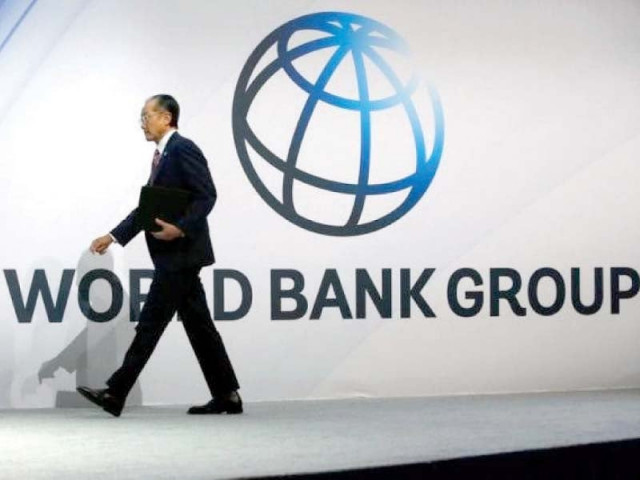World Bank greenlights $1b loan for Dasu project
The dam is a run-of-the-river project on the Indus River, and have an installed capacity of up to 5,400MW

The World Bank has approved an additional $1 billion loan for the Dasu hydropower project but at the same time sees a whopping $18 billion energy sector circular debt a barrier to future investment in Pakistan.
The World Bank’s board of executive directors on Monday approved $1 billion in a second round of additional financing for the Dasu hydropower project, according to a statement issued by the local office of the lender.
The additional financing was critical for ensuring uninterrupted work on the scheme, which began a decade ago. With the fresh lending, the WB’s exposure in the project has increased to 45% of the total cost.
This marks the third major financing by the World Bank for the project, which has faced delays and endured at least two terrorist attacks targeting the Chinese nationals involved in its construction.
The additional $1billion included a $435 million of a short maturity loan, $365 million of regular IDA Scale-Up Window, and a $200 million IBRD loan component, according to the project documents.
The China Gezhouba Group Company (CGGC) serves as the contractor for the Dasu Hydropower Project, funded by the World Bank and a consortium of commercial banks.
The World Bank said that the additional financing will support the expansion of hydropower electricity supply, improve access to socio-economic services for local communities, and build the Water and Power Development Authority’s (WAPDA) capacity to prepare future hydropower projects.
Pakistan’s energy sector suffers from multiple challenges to achieving affordable, reliable, and sustainable energy, said Najy Benhassine, World Bank Country Director for Pakistan. The Dasu hydropower Project site is one of the best hydropower sites in the world and is a game changer for the Pakistan energy sector, he added.
The dam is a run-of-the-river project on the Indus River, and upon completion, it will have an installed capacity of 4,320 to 5,400MW. The project is being built in stages and the first stage has a capacity of 2,160MW.
The WB also approved extending the closing date of the project to December 31, 2028. This extension will enable the completion of all ongoing activities under phase one, the possible use of the remaining $250 million of the guarantee to raise additional commercial financing for the project, and, ultimately, the achievement of the Project Development Objective (PDO), said the WB.
In Pakistan’s current macroeconomic environment, Wapda’s ability to mobilise additional foreign commercial financing is limited in the near term, thus it is seeking additional financing to complete the project, said the WB.
The WB said that new IMF programme is currently being negotiated to support continued sound economic management, new official inflows, and structural reforms. Robust economic recovery over the medium term will require the steadfast implementation of much broader fiscal and economic reforms, it added.
The lender stated in the project report that lower-middle income poverty rate is estimated at 40.1% for this fiscal year with 7 million more Pakistanis living below the poverty line.
It further stated that circular debt has continued to accumulate. At the end of January 2024, it stood at $9.5 billion in the electricity sector and $8.6 billion in the gas sector, creating barriers to the future investment, said the WB.
It added large accumulations of the circular debt started in 2018 with addition of large, imported coal and imported gas power plants with take-or-pay contracts that have increased capacity payments by 50% and increased the country’s exposure to international fossil fuel price volatility — as witnessed in 2022.
The impact of persistent circular debt is a lack of investment in the energy sector, the inability of both sectors to operate at full capacity due to fuel shortages, and the difficulty of attracting investors to support future sector needs, according to the WB.
The WB handout said that the additional financing will further support ongoing socio-economic initiatives in Upper Kohistan, particularly in the areas of education, health, employment, and transport. Through this project adult literacy has increased by an estimated 30% since 2012, boys’ schooling increased by 16% while girls’ schooling has increased by 70% during this period.
Pakistan had aimed to complete the project by December 2021 to add 2,160MW of electricity to the national grid in its initial phase.
The Pakistan Muslim League-Nawaz (PML-N) government, in 2013, prioritised the Dasu hydropower project over the Diamer-Bhasha dam, and then Prime Minister Nawaz Sharif was eager to inaugurate its first phase before the end of his five-year term in 2018.



















COMMENTS
Comments are moderated and generally will be posted if they are on-topic and not abusive.
For more information, please see our Comments FAQ